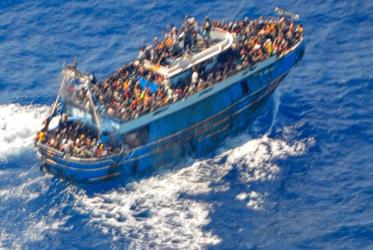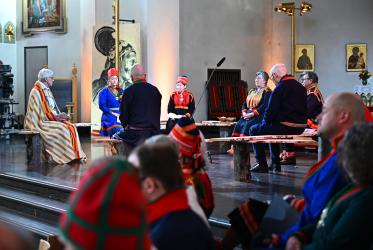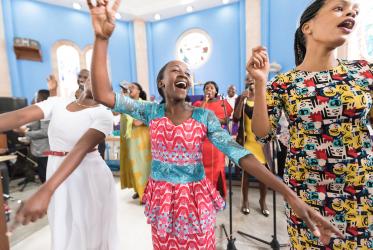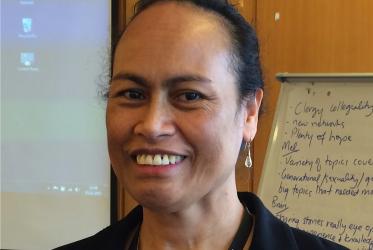Displaying 1 - 13 of 13
Church of Sweden apologizes to Sámi people, this time in Sápmi
27 October 2022
How will the Arusha Call change the world?
20 May 2019
How can you help refugees?
11 October 2018
Church challenge: Welcoming "strangers" in a climate of fear
18 November 2015
Event in Geneva will celebrate the spirit of WCC assembly
09 September 2013








